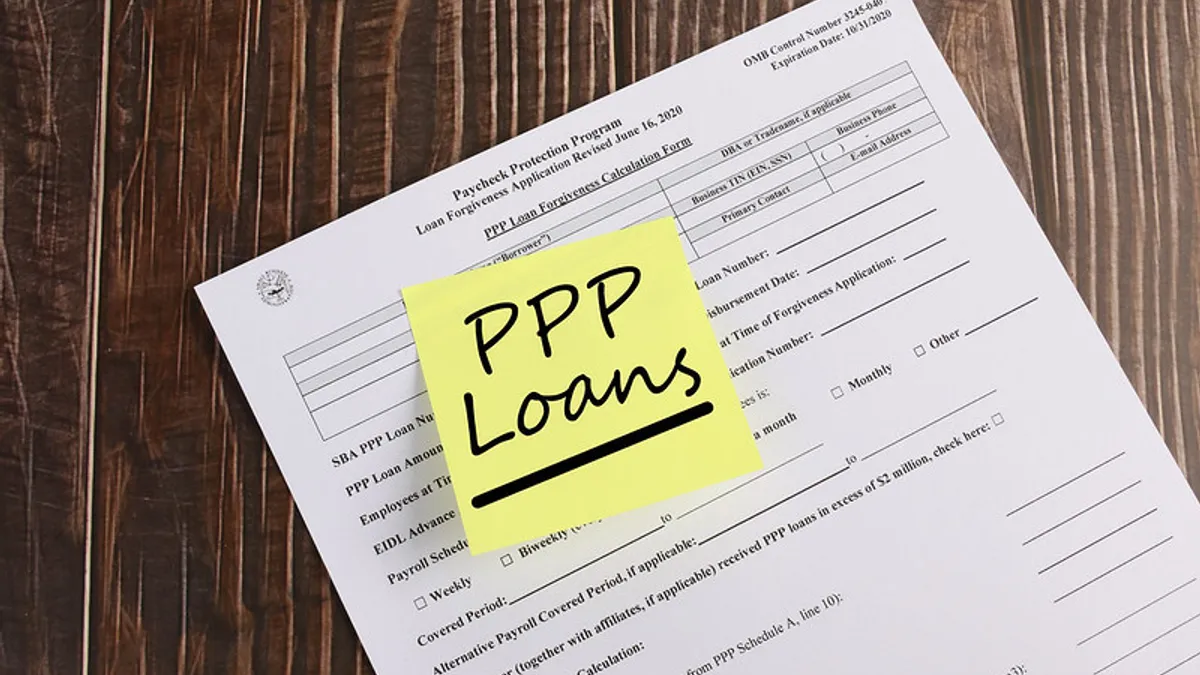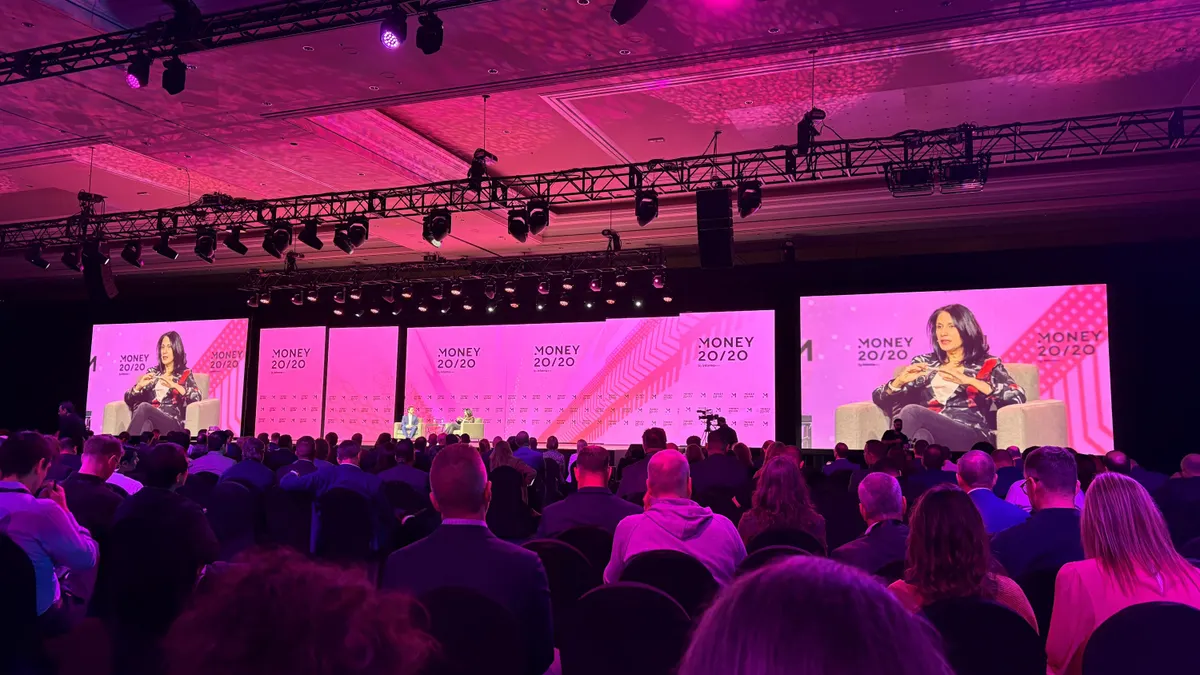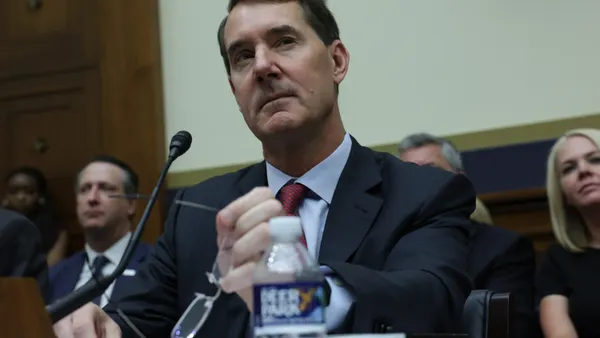Dive Brief:
-
Black-owned businesses were more likely to turn to nonbanks and fintechs to secure Paycheck Protection Program (PPP) loans than business owners of other races or ethnicities, according to research released Thursday by the Federal Reserve Bank of New York.
-
One in four Black business owners that sought a PPP loan used a fintech rather than a traditional bank — more than twice the rate of White-, Asian-, and Hispanic-owned firms, Fed researchers said.
-
For fintechs that fought hard to be included in the government relief program, the data highlights their efforts to serve marginalized communities during the pandemic but comes amid reported scrutiny from the Justice Department and lawmakers over nonbank lenders’ fraud controls and compliance systems in approving the loans.
Dive Insight:
Black and other nonwhite-owned businesses have historically been underserved by the U.S. banking system, a reality reflected in the Fed’s report.
Many lack existing relationships with traditional banks, so some Black business owners turned to fintechs for the government-backed forgivable loans, the report said.
"[F]intech lenders approved a sizeable majority of their applicants, even though most of their applicants had no existing relationship with them," the report said.
Fintech lenders approved the highest percentage of applications from Black-owned small businesses compared to firms owned by persons of other races and ethnicities, the researchers found.
Overall PPP approval rates were highest at traditional banks, likely reflecting that most of their applicants had existing banking relationships, they added.
The study found 95% of large-bank applicants and 83% of small-bank applicants had a prior relationship with their PPP lenders. In contrast, researchers found just one in three small employers that applied through a fintech had worked with that lender before.
"Since Black owners were approved for loans by fintech lenders at a higher rate even before the pandemic, our results suggest that historical factors that prevent Black owners from receiving bank credit continued to operate with the PPP," the researchers said.
Although fintechs were late to the PPP — they received the green light from the Small Business Administration (SBA) and Treasury Department to apply for the program just six days before the first round of funds ran out last year — they have since made significant contributions to the program, either through partnering with SBA-approved banks or as direct lenders.
Fintechs issued about $26.5 billion in PPP loans over the life of the program, according to government data cited by Reuters.
Fintechs’ participation in the $780 billion loan program, however, has not come without scrutiny.
The Justice Department is investigating whether online lenders, including fintech Kabbage, erred in distributing PPP loans, sources told Reuters this month.
According to three anonymous DOJ sources, the Justice Department's civil division is examining whether Kabbage and other fintech companies miscalculated how much aid borrowers were entitled to, citing a confusion over how to account for payroll taxes.
Atlanta-based Kabbage was one of the program’s most prolific nonbank participants, making 300,000 PPP loans worth $7 billion between April 3, 2020, and Aug. 8, 2020, according to its website.
A report by ProPublica found that 378 PPP loans totaling $7 million made by Kabbage went to fake business entities.
Lawmakers are also reportedly looking into fintechs’ role in distributing PPP loans.
The House Select Subcommittee on the Coronavirus Crisis has asked Kabbage, fintech lender BlueVine, and their partners Cross River Bank and Celtic Bank, to provide documents detailing their fraud controls and compliance systems related to PPP, according to letters seen by Reuters.














